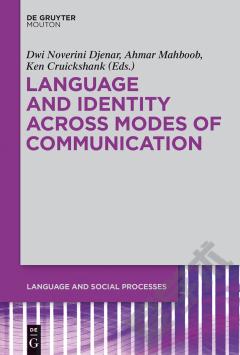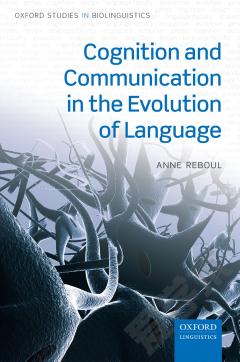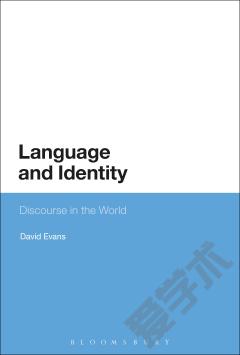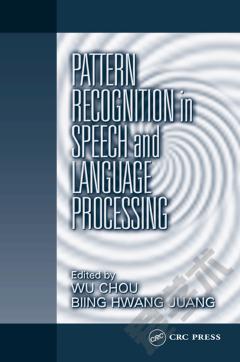Language and Identity across Modes of Communication
The series contributes to the development of promising new approaches to the sociolinguistic, sociohistorical and linguistic anthropological study of social issues that centrally involve language. In particular, while still addressing the fundamental insights gleaned from variationist studies, foremost among which is the open-ended, heterogeneous nature of human language in all its varieties, it focuses on new, data-driven methodologies, quantitative and qualitative, in the social and cultural study of language that go beyond the more traditional concerns of sociolinguistics (for example, social networks, communities of practice, global population movements, the historical and present-day significance of demography for situations of language contact, the spatial dimensions of language, language and ideology, new dialect formation, historical sociolinguistics). The series includes monographs as well as edited volumes.
{{comment.content}}








 京公网安备 11010802027623号
京公网安备 11010802027623号